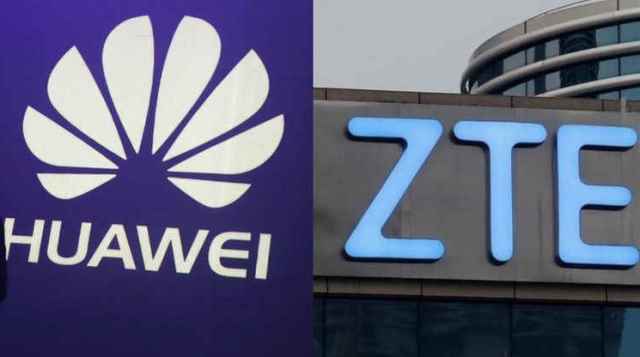Huawei Technologies and ZTE asked the U.S. Federal Communications Commission (FCC) not to finalize its designation of the China tech giants as risks to U.S. national security.

The FCC in November voted 5-0 to initially designate Huawei and ZTE as national security risks in a move that would bar their U.S. rural carrier customers from tapping an $8.5 billion government fund to purchase equipment.
Huawei said in a nearly 200-page filing with the FCC the action was designed to implement a campaign by certain government officials, including members of Congress, to single out Huawei for restrictions.
ZTE asked the FCC in a filing to take additional time to assess ZTE’s enhancements in the area of U.S. export control and economic sanctions compliance and security controls in ZTE products.
ZTE said it spent hundreds of millions of dollars to implement a compliance program relating to U.S. export control compliance regulations.
The commission left the final determination to FCC’s Public Safety and Homeland Security Bureau, which could determine not to finalize the risk designation.
The Donald Trump administration blacklisted Huawei in May restricting the export of U.S. high-tech components to the Chinese company.
The administration has also tried with limited success to persuade its allies to bar Huawei, saying its equipment could potentially be used by Beijing for spying.
Huawei has denied those allegations, and scored a big win last week when the UK announced it was giving Huawei a role in 5G infrastructure.
The FCC in its November vote proposed requiring that U.S. carriers remove and replace equipment from both Huawei and ZTE from existing networks.





